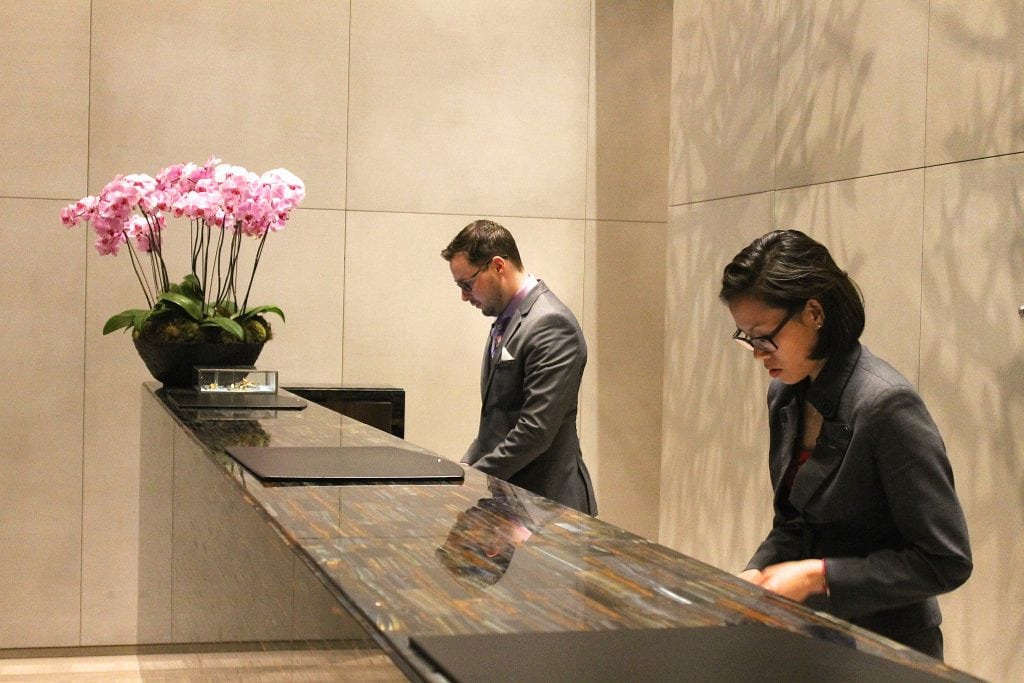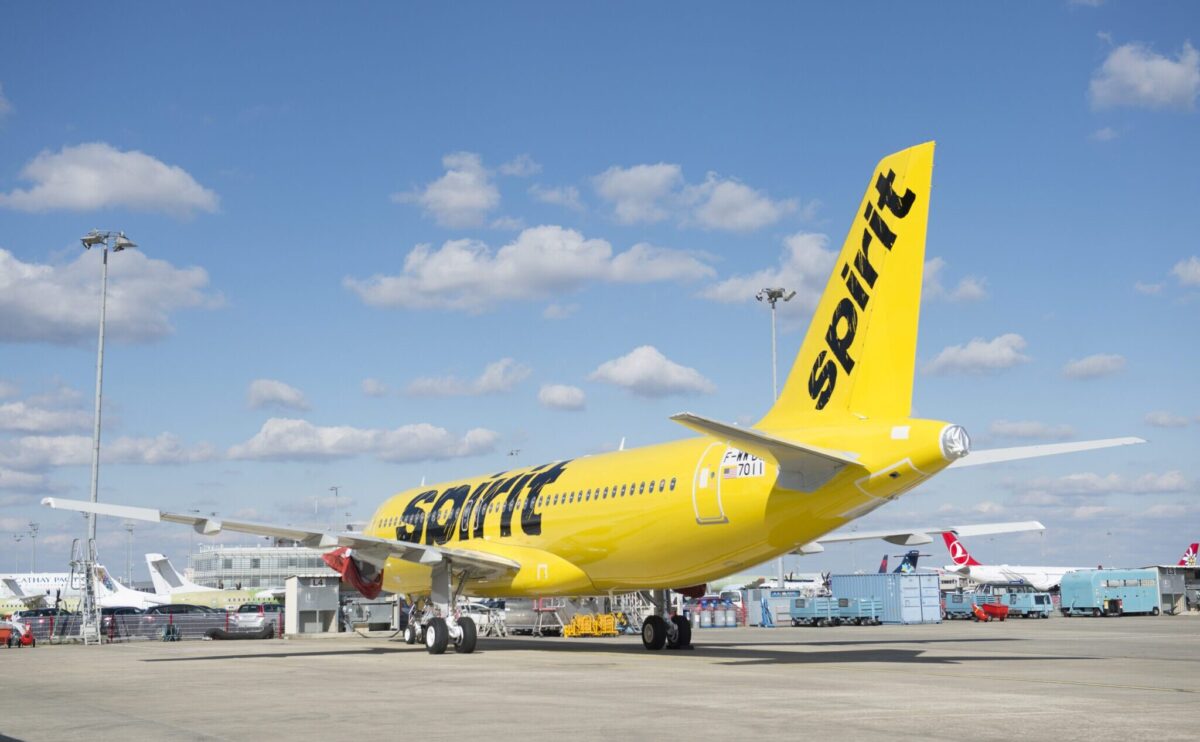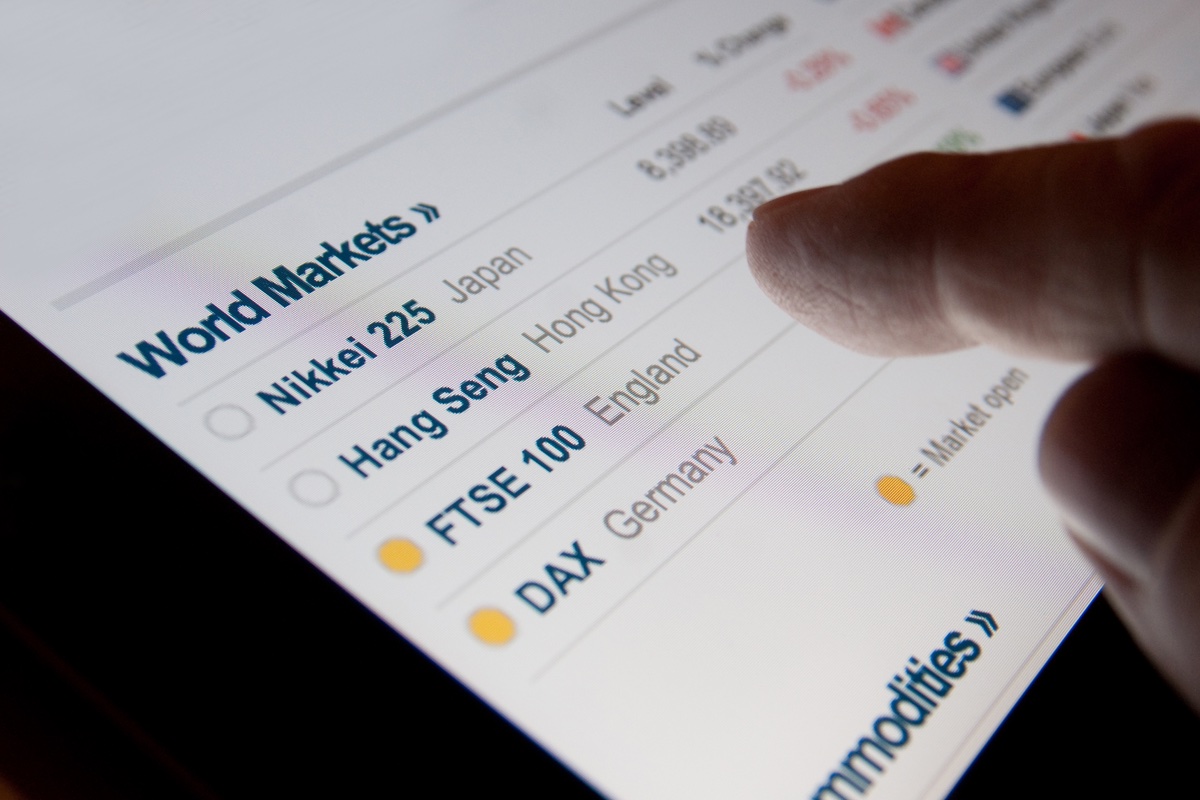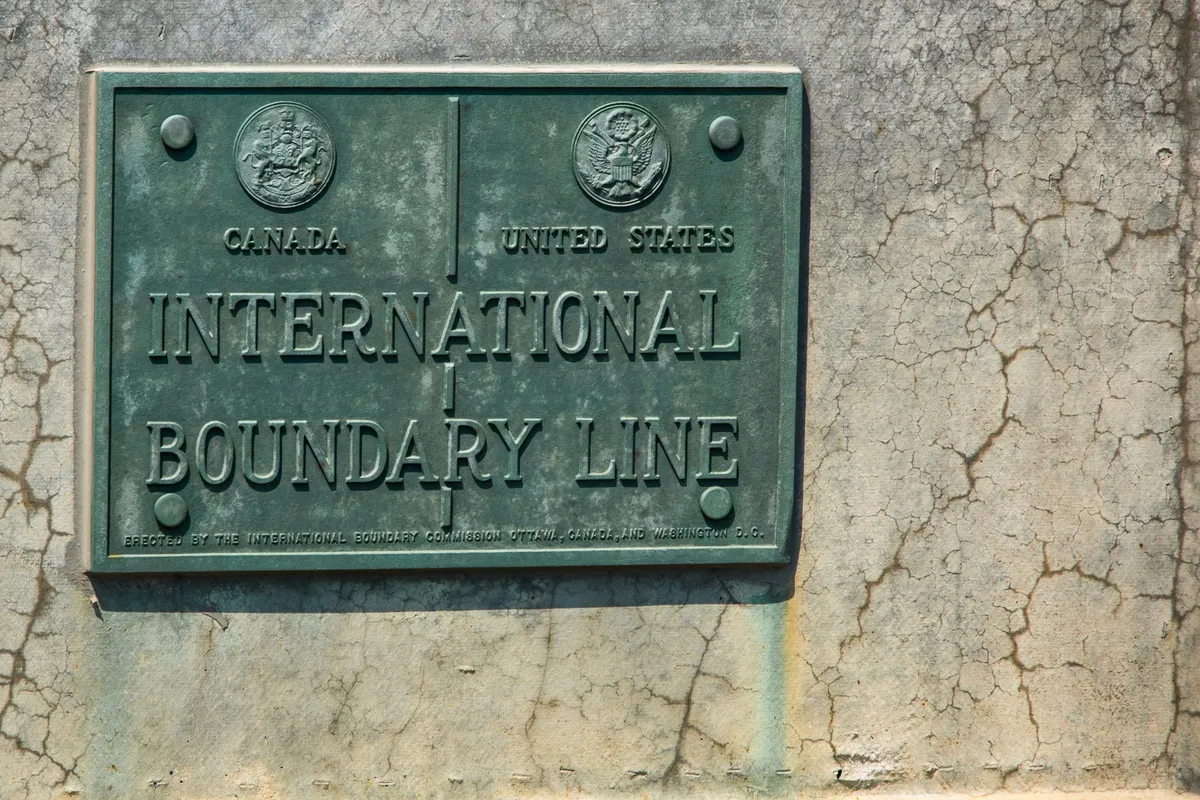Hotel-Employee Mentoring May Reduce Stress, But Not for the Most-Freaked Out

Skift Take
Some employers frown upon employees becoming too friendly in the workplace, believing it leads to lower productivity. It turns out, though, that combining mentoring and friendships was beneficial for employees at luxury hotel properties in South Korea.
Researchers from The Hong Kong Polytechnic University's School of Hotel & Tourism Management reached this conclusion by surveying hotel employees earlier this year to find out whether mentoring is an effective human resources strategy to reduce work-related stress in hotels.
The study defines mentoring as a senior employee helping less experienced employees adapt to a company's culture, improve their performance and develop their career trajectories.
Some 438 room, and food and beverage employees at 13 luxury hotels in Seoul, South Korea were asked about their experiences with mentorships, including whether they received mentoring from other staff or were mentors themselves. About one-third of respondents had worked for one to four years in their hotels and about 25 percent worked at their properties for more than 10 years.
The researchers approached mentoring through three core functions -- career development, psychosocial support and role modeling -- to see how mentoring impacts role conflict and ambiguity. Role conflict involves clashing expectations about an employee's performance while role ambiguity occurs when an employee doesn't understand expectations or when there are a lack of organizational policies, goals and guidelines in place.
"Mentoring does not involve instructing or telling ... but should involve a ... learning partnership that helps the mentee to take charge of their own development, release their potential and achieve the results that they value," the study states.
Most respondents said all three mentoring functions helped reduce role conflict while most also added that psychosocial support was most effective in helped decrease role ambiguity. From the report, it seemed respondents felt that someone holding a senior staff or manager position isn't the most comfortable fit for a mentor.
"Although the researchers also expected the career development and role modeling functions to reduce role ambiguity, this did not seem to be the case," the study stated.
"Role ambiguity is most effectively reduced when the mentor provides social support involving counseling or friendship without invoking seniority in rank or position."
It should be clear that these findings pertain to certain luxury hotels in South Korea -- and may or may not -- be applicable to other locations and hotel types.
Retaining Hotel Talent
Hotels can be demanding places to work. Mentoring gives employees tools to use and someone to turn to for help but it doesn't always change workplace culture or the demands of the job.
Despite what's theoretically a win-win for hotels -- encouraging team-building and teaching important skills and company culture -- mentoring isn't a solution for all hotel employees, the study found.
"Even with the positive effects of mentoring, some of the employees who experienced particularly high levels of role-related stress were also less satisfied with their jobs and showed less commitment ... a highly stressful environment will inevitably affect job satisfaction and commitment to the organization."
The employees said career development and psychosocial support were beneficial in keeping them happy in their jobs but having a role model had little influence on their desires to stay. "It seems that even the benefits of mentoring cannot entirely overcome the negative effects of high levels of role conflict," the study said.
"Respondents who continued to experience role conflict in a stressful service-providing work environment were more likely to indicate that they were thinking of leaving the organization than those who experienced role ambiguity."




